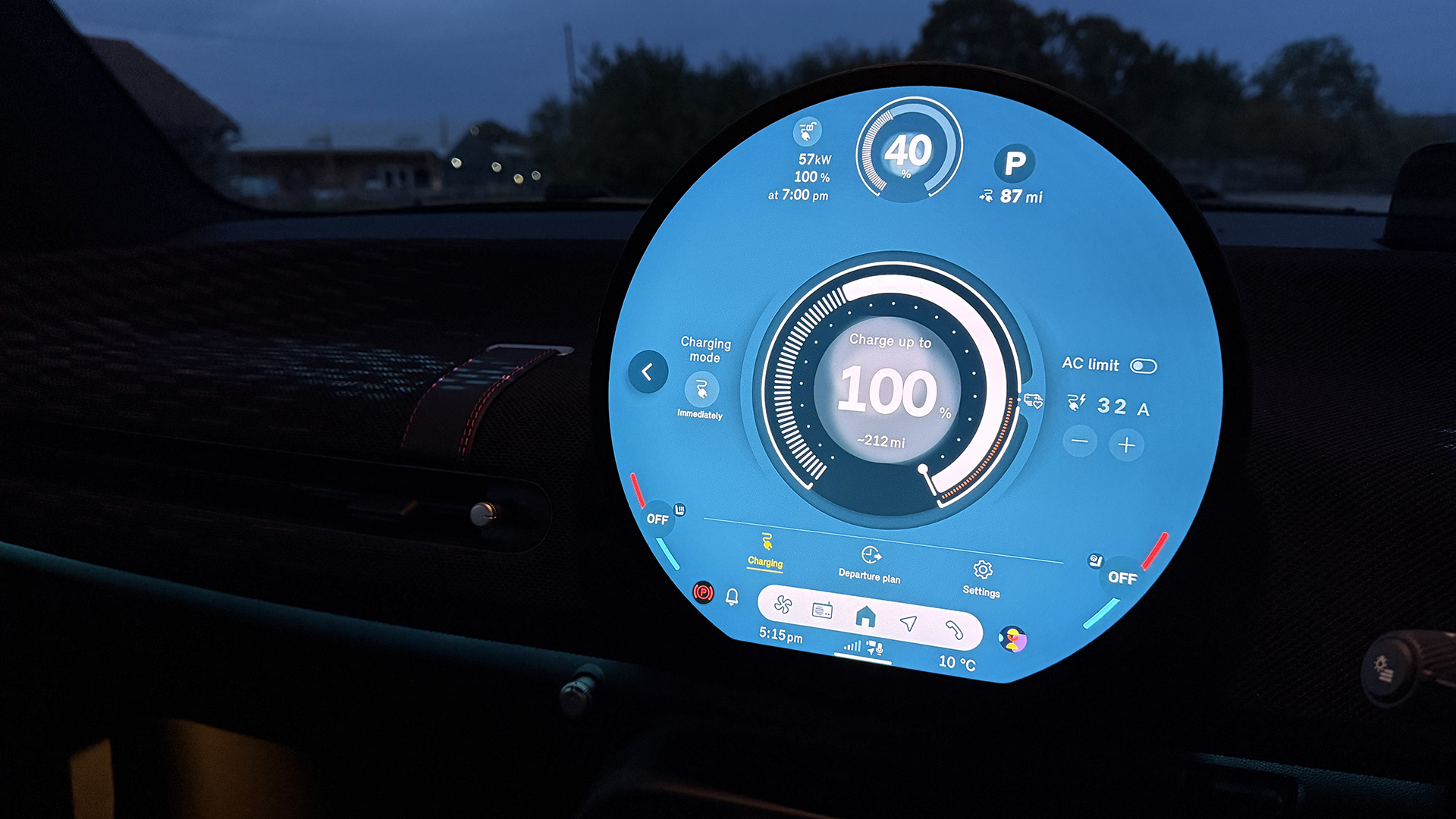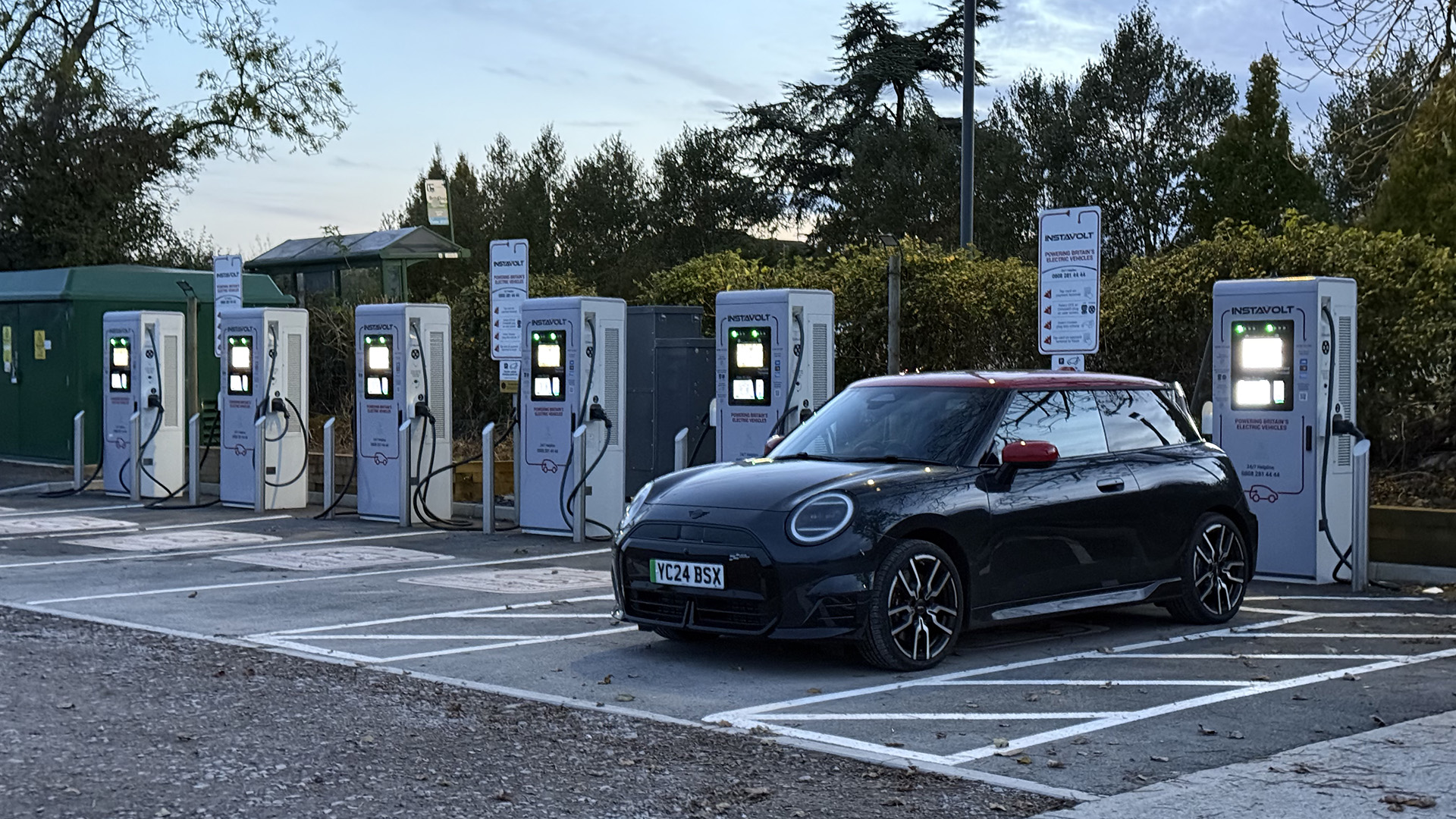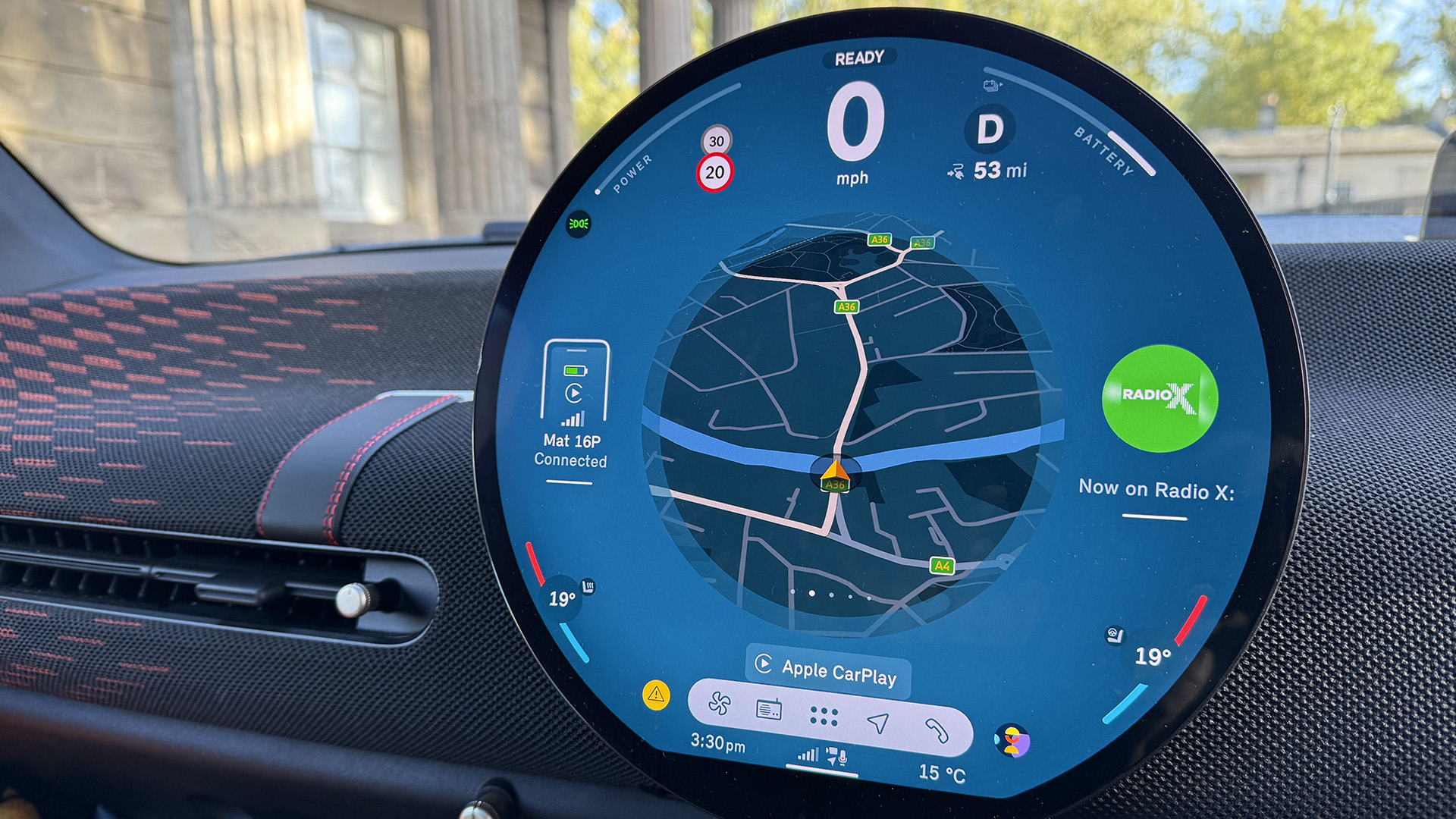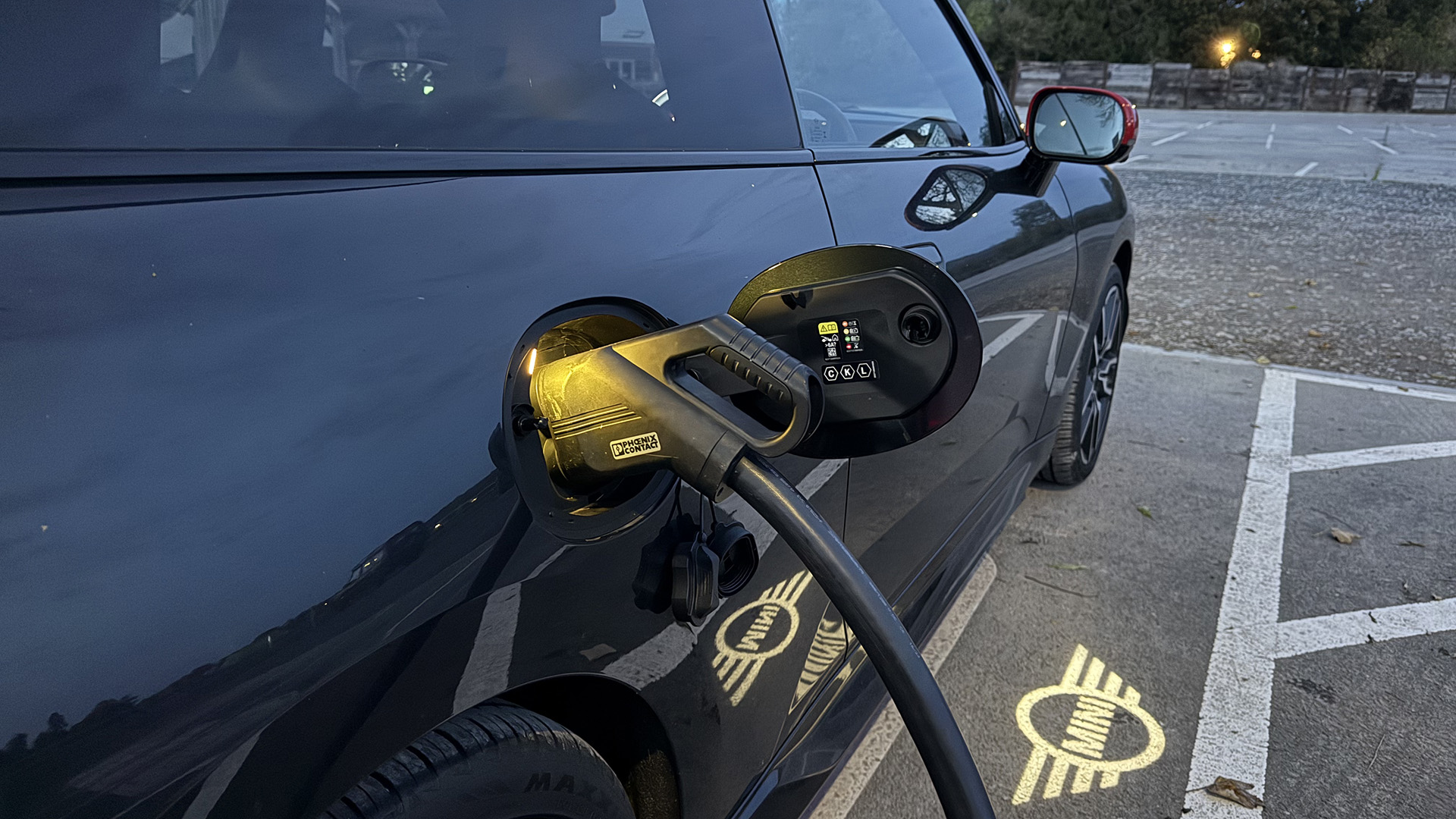Range anxiety isn't about your EVs battery – here are 3 ways to beat it
The distance you can go between charges is almost irrelevant for EVs, what matters is your charging strategy


Range anxiety is a common term among EV enthusiasts. It's the concern that you haven't got enough charge to reach your next charging station. It's something I've encountered quite a bit, whether it's a 100 journey back down the M4, or a 2000-mile trip across the US.
Doing the quick maths between your distance to the destination and the miles left in the battery can leave you in cold sweats. You reduce your speed 60mph, turn off the air con or heated seats, or even travel in the wake of a lorry, all in the name of efficiency.
That's not a fun way to drive though, and it's why some ICE car drivers who try EVs for the first time claim they'll never switch (they will though). Electric vehicles offer some of the best infotainment systems and in-car gadgets going, so not using them is a tragedy. More importantly though, it doesn't need to be this way.
I've driven a huge number of electric vehicles over the past few years, some with range range, and some with just a few hundred. I now know that, no matter your journey or your car's range, you can completely avoid range anxiety with a few simple steps.
For the last few weeks, I've been driving the John Cooper Works version of the Mini Cooper Electric. This has an official range estimate of around 240 miles, which in my daily experience was closer to 200. While this is certainly on the lower side for premium EVs, not once did I get those range anxiety sweats.

1. Start your day fully charged
The beauty of electric vehicles is that you can essentially charge them anywhere there is electricity. That means that you don't need to find a petrol station to top up. My advice to anyone considering an electric car is to install a home EV charger.
A simple wall box charger start from just a few hundred pounds or dollars but will save you a fortune over the course of your EV ownership. The price of charging at home is so much cheaper that it will likely pay for itself within the year.
Get all the latest news, reviews, deals and buying guides on gorgeous tech, home and active products from the T3 experts
If you can't install one of these boxes, you can also get a basic lead attachment that plugs into a regular wall socket. They're a bit slower to charge but are still very handy for topping up – particularly if you can leave it plugged in over night.
The big advantage of home chargers is that every time you set off for your journey, you're starting with 100% charge. This means you have the biggest possible range to play with. If you're EV is already on 50% charge, it's not going to be long before you start to watch those numbers.

2. Plan your route
If you're doing a longer journey in your electric vehicle, use the on-board navigation system to plan your route. Where possible, I try to use the vehicle's own navigation system for longer route planning, as it can build in your charging stops where necessary.
With access to your vehicle's data, the on-board navigation can take into account your current state of charge and your average consumption to give you an accurate picture of how much charge you need and when you'll need to charge. There are apps like ABRP that can do this too, but you need to manually feed it the data.
Another method is to simply use an app like ZapMap to search for the availability of chargers along your route and make a plan to add these to your navigation. The other advantage of having a charging station planned into your route is that most EVs will prime the battery ready for charging before you arrive, which will make the charging times more efficient.

3. Don't sweat it
In the UK, the average distance driven is around 18 miles a day, or 127 miles a week. That means that even in a relatively low-range EV, you're only going to need to charge it once a week – or top up very small amounts every few days. Even in the US – who average 40 miles a day – you won't be needing to plug in all that often.
It means that for most of your daily commutes, you shouldn't even be thinking about the level of charge in your EV. Using the Mini Cooper EV as my daily drive, most of my trips were five or 10 minutes from the house, so I only thought about charging before I went on longer journeys.
Unless you regularly do long distances, you probably don't need an EV with a long range battery. Even a car with 150-180 miles of range is plenty as a city run about. Plus, when you do those longer journeys, you start fully charged and plan to stop every couple of hours to refuel – both yourself and the car.

As T3's Editor-in-Chief, Mat Gallagher has his finger on the pulse for the latest advances in technology. He has written about technology since 2003 and after stints in Beijing, Hong Kong and Chicago is now based in the UK. He’s a true lover of gadgets, but especially anything that involves cameras, Apple, electric cars, musical instruments or travel.